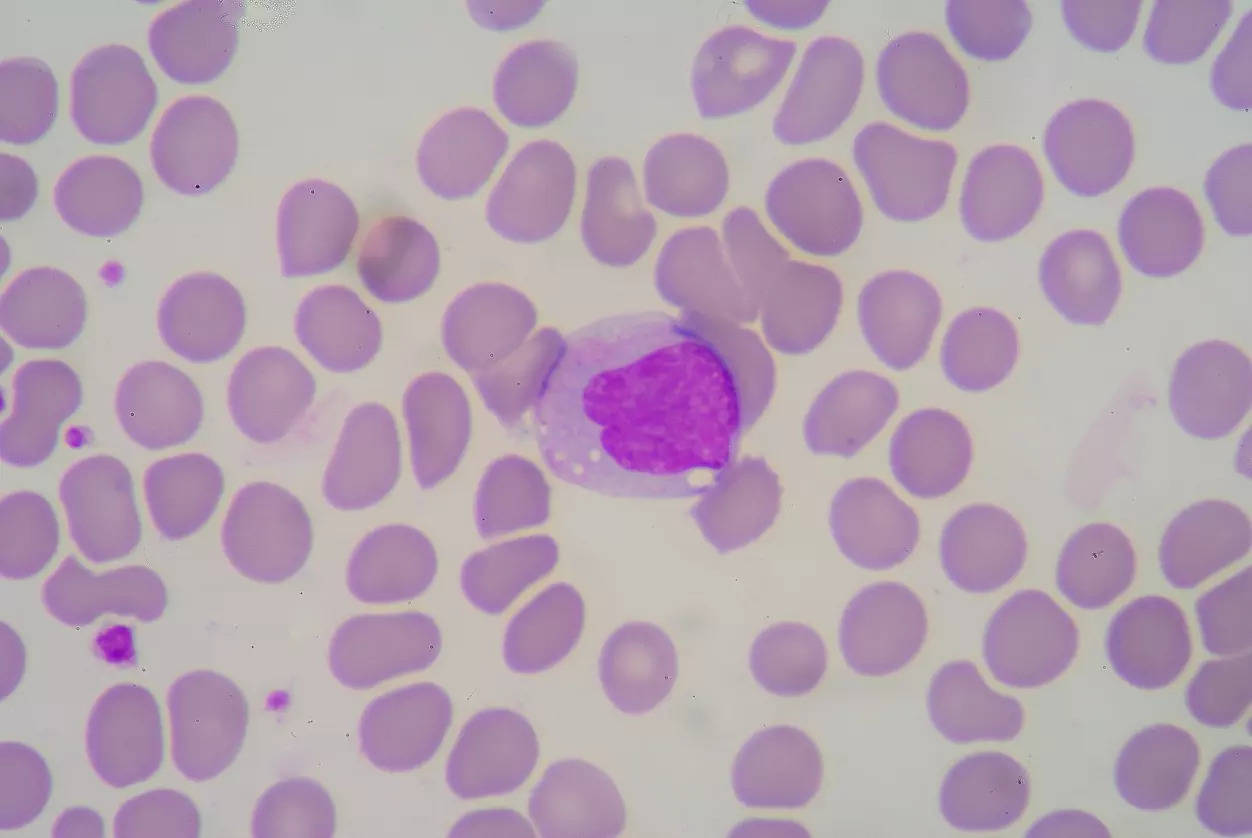
New Delhi: Cases of people having abnormal fat levels in blood became about 30 per cent more likely during the COVID-19 pandemic, according to a study on two lakh adults conducted in the Italian city of Naples. Researchers at the Albert Einstein College of Medicine, US, first determined cases of dyslipidemia — abnormal lipid (fat) levels in blood — in the study group during the three years prior to the pandemic’s start (2017-2019).
The team then looked at case numbers during the three pandemic years (2020-2022) and excluded those diagnosed with the condition and those taking medications as part of treatment.
“During the COVID-19 period, we detected an increased risk of (29 per cent) developing dyslipidemia when compared with the pre-COVID-19 triennium,” the authors wrote in the study published in The Journal of Clinical Investigation.
The risk was found to be higher among people older than 65 years of age and those having chronic conditions, especially diabetes, obesity, respiratory and cardiovascular diseases.
The increased dyslipidemia risk “almost certainly” is a result of the pandemic, the researchers said.
“Our study did not attempt to determine whether participants had tested positive for COVID-19,” study author Gaetano Santulli, an associate professor of medicine and molecular pharmacology at the Albert Einstein College of Medicine, said.
“Instead, because we had been following this group for many years prior to the pandemic, we were able to measure COVID’s overall impact on the population by simply comparing levels of dyslipidemia in the same group before and after the pandemic. Any increase in dyslipidemia incidence would almost certainly have to be the result of COVID-19,” Santulli said.
His team had previously found that the COVID-19 pandemic increased rates of new cases of hypertension and type 2 diabetes.
“In those analyses, we demonstrated that the risk of developing these disorders was still high three years after the pandemic; moreover, we noticed a suspicious increase in total cholesterol levels, which warranted a closer look,” Santulli said.
Further, given the spread of the pandemic, the increased risk of dyslipidemia is a cause of concern worldwide, according to the research team.
“Based on our findings, we would advise people to have their lipid levels monitored regularly and to consult with their healthcare providers about ways to treat dyslipidemia if detected, especially elderly individuals and patients with diabetes,” Santulli said.
However, how COVID-19 might have increased cases of dyslipidemia remains unclear, the researchers said.
They proposed that the disease-causing virus ‘SARS-C-V-2’ disrupts the function of the inner lining of blood vessels, which are known to be critical to regulating blood fats.
Since dyslipidemia is a major contributor to cardiovascular disease, the study suggests that addressing the condition should reduce the risk of heart disease in those who have had COVID-19, Santulli said.







